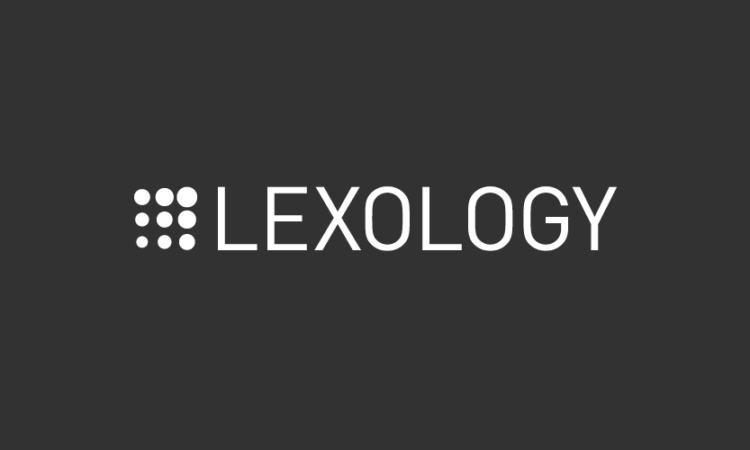
In Tulip Trading Limited v Van Der Laan & Others [2023] EWCA Civ (Appeal), the English Court of Appeal (Court) recently overturned a High Court decision regarding issues surrounding the duty of care owed by blockchain developers to cryptocurrency (crypto) owners in cases of crypto fraud.
Ruling in favour of Tulip Trading (Appellant), the proceedings will now be remitted to the High Court for a full plenary hearing on the issues, most notably whether blockchain developers owe tortious or fiduciary duties to owners of crypto, such as to oblige them to return access to lost or stolen digital assets in cases of crypto fraud.
Background
The Appellant claimed to be the owner of approximately $4.5 billion worth of bitcoin, which it had lost access to following a hack. As a result, a record of the access keys was deleted from the home computer of the Appellant’s CEO. It alleged that the 16 respondents, the developers of the underlying bitcoin network software, owed fiduciary duties to the Appellant, including a duty to implement software patches to assist the Appellant in regaining access to the lost assets and to safeguard its assets from the hackers.
In the High Court, the respondents successfully denied that they were capable or responsible for assisting the Appellant in retrieving such access. The High Court found that there was no serious issue to be tried.
Appeal
On appeal, the Court was asked to consider whether the developers who “look after the bitcoin” may arguably owe tortious or fiduciary duties to owners of the crypto assets. In essence, the Court was asked to reconsider whether there was a serious issue to be tried concerning whether developers owed tortious or fiduciary duties to owners of crypto held on their network.
The Court did not decide the substantive issue as to whether fiduciary duties are owed in the circumstances. However, it did hold that there was a serious issue to be tried on this point, and that the High Court erred in its ruling to the contrary.
The Court recognised that if the Appellant’s case was to succeed in the High Court, it would be a significant development of the law on fiduciary duties. The Court found that there was a serious issue to be tried, given that developers of crypto networks are a sufficiently well-defined group and, therefore, capable of owing fiduciary duties to end users or owners of crypto. The Court observed that objectively, the developers undertake a role that involves making decisions and exercising power for and on behalf of other people about their property.
The Court considered that there is an arguable case that a relationship of trust creates fiduciary duties on the part of the developers to protect the property of the users of their software. The Court suggested that these duties may include giving the rightful owners access to their lost cryptocurrency following a hack, as in the circumstances of this case.
In conclusion, the Court determined
“It is not that there is a fiduciary duty in law in the circumstances alleged by Tulip, only that the case advanced raises a serious issue to be tried. The time to decide on the duty in this case is once the facts are established. As the judgment itself showed, to rule out Tulip’s case as unarguable would require one to assume facts in the defendant developers’ favour which are disputed and which cannot be resolved this way.” (Emphasis added)
Jurisdiction
On Appeal, there was no challenge to the High Court’s determination that the English High Court had jurisdiction to hear the proceedings, even though the Appellant was a company registered in the Seychelles. This was because it was arguable that the Appellant company was resident in the UK, the cryptocurrency was property, which was located in the UK; satisfying particular jurisdictional gateway requirements under the UK Civil Procedure Rules.
Potential impact on Irish law
We understand that a full trial of the issues is likely to take place in 2024, at which point the English High Court will consider key legal issues concerning the duty and standard of care owed by crypto network developers to crypto owners.
Any High Court decision will be key in determining largely untried issues regarding the rights and duties surrounding ownership of crypto and creating further litigation avenues for victims of crypto fraud.
Further, any such High Court hearing will be on full notice to the parties involved. This will contrast with much of the existing case law regarding crypto disputes and fraud, which has developed without notice hearings or hearings that respondents have elected to participate in.
A High Court judgment could pave the way for the development of robust legal protections for the owners of crypto and digital assets, akin to the existing legal protections in place for the owners of physical assets, thereby creating fully enforceable rights in cases of crypto fraud and disputes.
Any future English High Court decision will be of persuasive value only in this jurisdiction. However, on balance, an Irish court could likely adopt the decision, should a case involving similar facts come before it.
It should be noted that whilst the English Courts, and courts in other common law jurisdictions, have definitively determined that crypto is a new form of intangible property, the Irish courts have not yet determined the issue in as clear terms.
To date, the Irish courts have been flexible in their approach in considering issues on crypto assets, enabling the use of existing equitable remedies such as freezing orders and disclosure orders in cases of crypto fraud. A future English High Court judgment on substantive legal issues regarding crypto fraud and disputes will provide welcome guidance for Irish practitioners and the courts alike.






